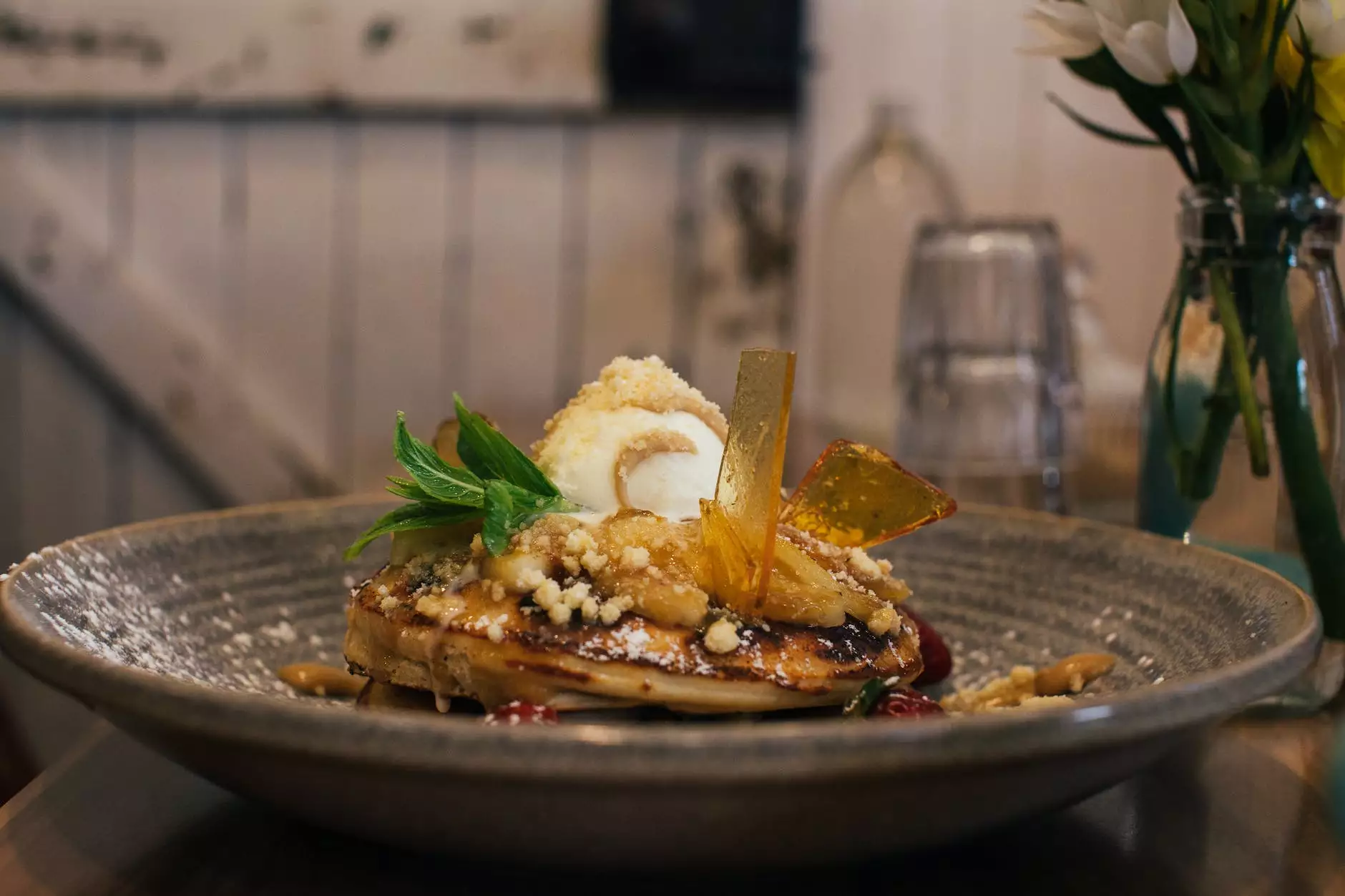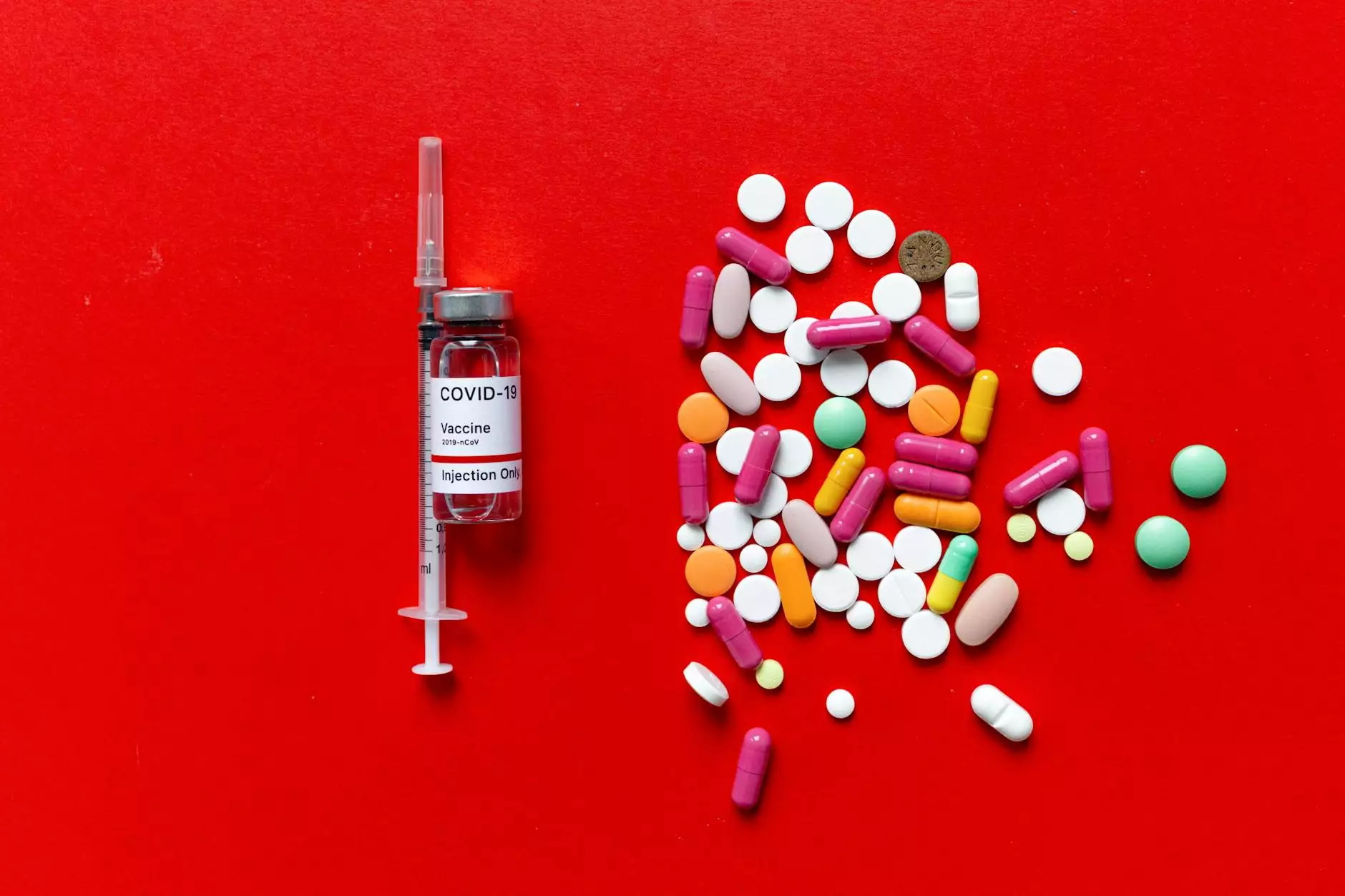The Ultimate Guide to Sugar Suppliers

In the thriving world of the food industry, one of the most important components that drives businesses is the selection of quality ingredients. Among them, sugar is a crucial element that not only enhances flavor but also plays a significant role in various food and beverage processes. The importance of partnering with reputable sugar suppliers cannot be overstated. This comprehensive guide aims to provide essential insights into choosing the right sugar suppliers and understanding the various types of sugar available.
Understanding the Role of Sugar Suppliers
Sugar suppliers are organizations or individuals that supply a variety of sugar products to manufacturers, distributors, and retailers. They play a pivotal role in ensuring that businesses receive high-quality sugar that meets their specific needs. It is imperative for businesses in the food sector to have reliable sugar suppliers that they can trust for consistent quality and timely delivery.
Why Sugar Quality Matters
The quality of sugar impacts not only the taste of the final product but also its shelf life, texture, and even nutritional value. Different applications, from baking to beverages, require varying sugar types. Hence, understanding the distinctions among sugar types helps businesses make informed decisions.
Types of Sugar Provided by Sugar Suppliers
Sugar suppliers offer a wide range of sugar types, each serving different purposes in culinary and industrial applications. Here’s a list of the most common types:
- Granulated Sugar: The most common form of sugar used in households and restaurants.
- Brown Sugar: Contains molasses, giving it moisture and a rich flavor, ideal for baking.
- Powdered Sugar: Also known as confectioners' sugar, used in icing and desserts.
- Raw Sugar: Partially processed sugar that retains some molasses, often used in specialty products.
- Cane Sugar: Derived from sugar cane, known for its subtle flavor and high purity.
- Beet Sugar: Made from sugar beets and is often used interchangeably with cane sugar.
- Liquid Sugar: Commonly used in beverages and syrups; dissolves quickly.
- Invert Sugar: A mixture of glucose and fructose, used to retain moisture in baked goods.
Choosing the Right Sugar Supplier
Choosing the right sugar supplier is crucial for the success of your business. Here are key factors to consider:
1. Quality Assurance
Ensure that the suppliers adhere to stringent quality control measures. Ask for certifications and quality standards such as ISO or HACCP. High-quality sugar contributes to better end products and customer satisfaction.
2. Variety of Products
Your business may require different types of sugar. It’s beneficial to partner with suppliers that offer a wide range of products to meet your needs. This ensures that you can get all your requirements from a single source, simplifying your supply chain.
3. Pricing and Contracts
Competitive pricing is important, but it should not compromise quality. Compare prices among different suppliers and negotiate contracts that provide flexibility and scalability as your business grows.
4. Deliverability and Reliability
Timely delivery is crucial to avoid disruptions in your production schedule. Research the supplier’s reputation for reliability and their logistics capabilities to ensure they can meet your delivery needs consistently.
5. Customer Support
Strong customer support is vital. If issues arise, having a responsive team can make a significant difference in resolving them quickly. Partner with suppliers who value customer relationships and provide excellent support.
The Sugar Market in Brazil
Brazil is one of the largest producers and exporters of sugar in the world. With its tropical climate and vast agricultural land, Brazil has an ideal environment for cultivating sugar cane, making it a crucial player in the global sugar market.
Production and Export Trends
Brazil’s sugar production is characterized by two main types of sugar: raw sugar, primarily exported, and refined sugar, which is mostly consumed domestically and in specific international markets. Understanding these trends is essential for businesses looking to import sugar from Brazil.
Regulatory Framework
In Brazil, the sugar industry is subject to various regulations aimed at maintaining quality standards and promoting sustainability. Staying informed about these regulations is important for businesses that source sugar from Brazilian suppliers.
Environmental Considerations in Sugar Production
As the world becomes more conscious of environmental issues, the sugar industry is also adopting sustainable practices. Here are some initiatives that responsible sugar suppliers are taking:
1. Sustainable Farming Practices
Many sugar suppliers are investing in sustainable agriculture to reduce the environmental impact of sugar production. This includes minimizing the use of pesticides and fertilizers, as well as implementing crop rotation and conservation tillage.
2. Water Management
Efficient water management practices are crucial in sugar production. Suppliers are employing techniques to conserve water and minimize waste, crucial in a world facing water scarcity.
3. Carbon Footprint Reduction
Reducing carbon emissions is a priority for many sugar producers. This includes investing in energy-efficient machinery and exploring alternative energy sources.
Conclusion: The Future of Sugar Suppliers
The demand for sugar will remain strong as it continues to play a vital role in the food industry. However, as consumer preferences shift towards healthier options, sugar suppliers must adapt by offering a wider variety of products, including lower-calorie and natural sweeteners.
For businesses looking to thrive in this dynamic environment, partnering with quality sugar suppliers like those showcased at brazilsugartopsuppliers.com is essential. By prioritizing quality, sustainability, and customer service, these suppliers can enhance your product offerings and help your business succeed.









